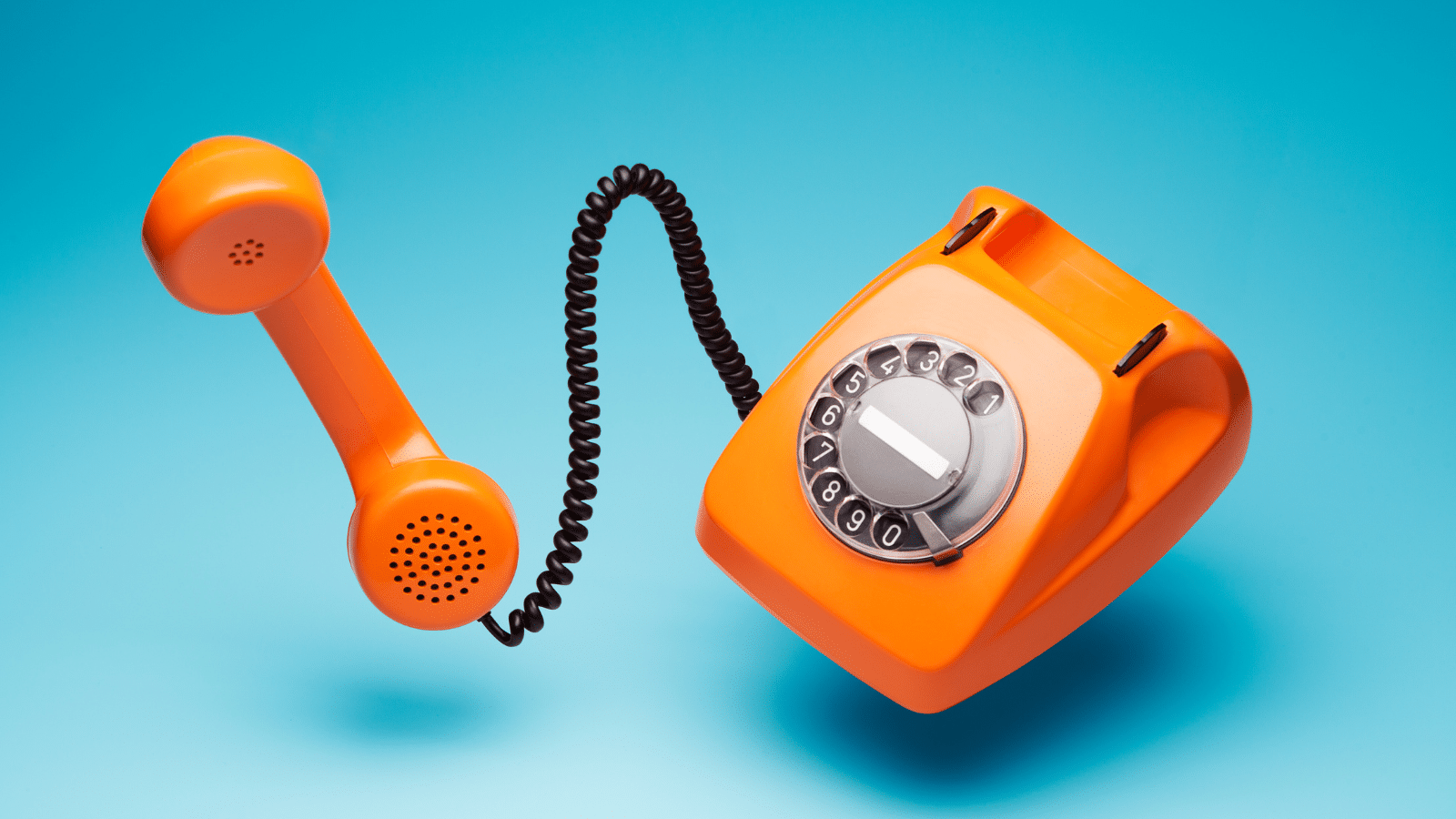Millennials, born between 1981 and 1996, are known for their unique spending habits and preference for experiences over material possessions. This has led to declining sales of certain products and services that were once popular among older generations.
Here are 18 things that are quickly disappearing because millennials refuse to buy them:
Cereal

Millennials are less likely to eat cereal for breakfast than previous generations. Millennials are busy and on-the-go, and they value convenience. Cereal can be seen as an inconvenient breakfast option, as it requires preparation and cleanup. They are likelier to snack on healthier options like yogurt, fruit, or granola bars.
Diamond Engagement Rings

Millennials are more likely to choose non-diamond engagement rings or forgo one altogether. They are more concerned about saving money and paying off student loans than spending much money on a diamond.
Cable Television

Millennials are cord-cutters, meaning they cancel their cable subscriptions and stream their entertainment online instead. They are likelier to watch Netflix, Hulu, or YouTube than traditional television.
Cars

While there is still a trend to buy cars, many Millennials are less likely to own cars than previous generations. They are more likely to use public transportation, ride-hailing services, or bike-sharing programs. They also live in cities more often, where car ownership is less necessary.
Homeownership

Homeownership in the United States has been on a downward trend since the Great Recession of 2008. While the homeownership rate has been slowly recovering in recent years, it is still below the pre-recession level. Millennials, born between 1981 and 1996, are the primary reason for this decline.
Department Stores

Department stores are struggling to attract millennial shoppers, who prefer to shop online or at smaller, more specialized stores. Millennials often refuse to use department stores as they want to support independent businesses.
Golf

Golf is declining in popularity among millennials, who are considered too busy or expensive for the sport. Golf is a relatively expensive sport to play. Greens fees, equipment, and lessons can be prohibitive for many millennials.
Bottled Water

Millennials are more environmentally conscious than previous generations and less likely to buy bottled water. They are more likely to drink tap water or use reusable water bottles.
Processed Foods

Processed foods are declining due to several factors, including a growing awareness of the health risks associated with processed foods, a preference for fresh and whole foods, and a desire for more sustainable food options. Millennials are at the forefront of this movement, as they are more likely to be health-conscious and environmentally conscious than other generations.
Soda

Millennials are more likely than other generations to be health-conscious, and they are more likely to choose beverages that are perceived as being healthier, such as water, tea, and coffee. Additionally, millennials are more likely to be concerned about the environmental impact of their consumption habits, and they are more likely to choose beverages that are produced sustainably.
Single-Use Plastic Items

Single-use plastics, such as plastic bags, straws, and utensils, have been a significant source of environmental pollution for decades. However, in recent years, there has been a growing movement to reduce the use of single-use plastics, and millennials are at the forefront.
Expensive Designer Items

Millennials are more value-conscious than previous generations and are less likely to spend a lot of money on expensive designer items. They would rather spend their money on travel, concerts, and other activities they can remember and cherish than on expensive designer items they may only use for a short time.
Traditional Office Supplies

Younger generations are more likely to work remotely or in co-working spaces and less likely to use traditional office supplies like staplers, paperclips, and fax machines.
Landlines

Unlike Boomers, Millennials are less likely to have landlines than previous generations. They are more likely to use cell phones for all their communication needs.
Physical CDs and DVDs

Millennials are more likely to stream music and movies online than buy physical CDs and DVDs. Unlike streaming services, physical music takes up a lot of space in the home, which is a bonus when renting.
Newspapers

Newspaper subscriptions are declining among millennials, who are more likely to get their news online via news websites or social media channels. Newspapers often provide a general overview of the news, but millennials are more interested in relevant news.
Traditional Marketing

Millennials are less likely to be influenced by traditional marketing methods like television commercials and print ads. They are more likely to be influenced by social media and word-of-mouth marketing.
Traditional Financial Institutions

Traditional financial institutions face increasing competition from fintech companies, and millennials are at the forefront of this trend. Millennials are more likely than other generations to use online and mobile banking services, and they are more likely to trust fintech companies than traditional banks.
21 Things That Shout You’re “Lower Class” According To Men

Class wars creep up in all aspects of life, including dating. We take a look at the things that men believe are telltale signs that you are lower class.
21 Things That Shout You’re “Lower Class” According To Men
Boomer Zoomers vs. Millennial Meh: 10 Cars the Older Gen Loves but Millennials Just Can’t Stand

The change in the automotive industry has been incredible over the year. Baby boomers born between 1946 and 1964 can’t get enough of the cars listed below, as muscle cars emerged in the 1960s, and new technologies appeared in the 1970s and 1980s. You can imagine why boomers genuinely appreciate these vehicles.
Boomer Zoomers vs. Millennial Meh: 10 Cars the Older Gen Loves but Millennials Just Can’t Stand
Across the Pond Disdain: 18 Horrendous American Habits Foreigners Just Can’t Stomach

There is a lot to love about America, from the bright lights of New York to the incredible breakfasts, but foreigners also dislike many things. We look at everything from poor public transport to an intimidating tip culture, sharing 18 things that America could be better at.
Across the Pond Disdain: 18 Horrendous American Habits Foreigners Just Can’t Stomach
Out with the Old: 18 Gen X Fads That Millennials and Gen Z Just Can’t Vibe With

While some old habits die hard, there are some things that Gen X need to eliminate as they are no longer relevant.
Out with the Old: 18 Gen X Fads That Millennials and Gen Z Just Can’t Vibe With
18 Unpleasant States You Might Want to Skip on Your Next Trip

When thinking of America, we don’t expect there to be boring or unpleasant places to visit. We see all the different states on the TV, and they show the best parts. However, there are some states you won’t want to visit, and you should brace yourselves if you ever happen to stumble into them.
18 Unpleasant States You Might Want to Skip on Your Next Trip






